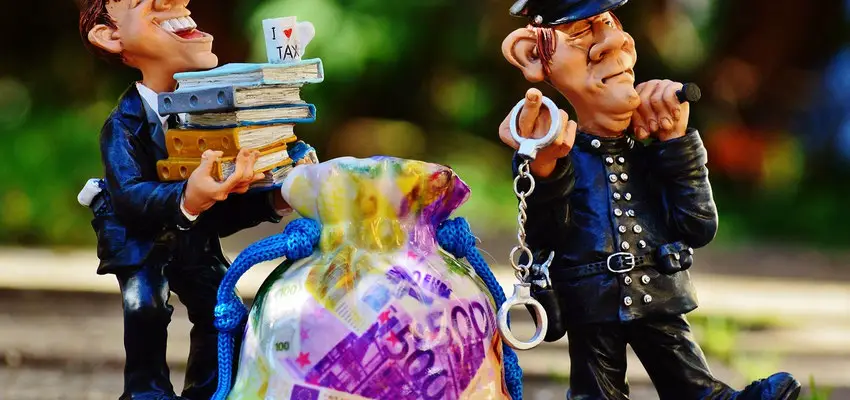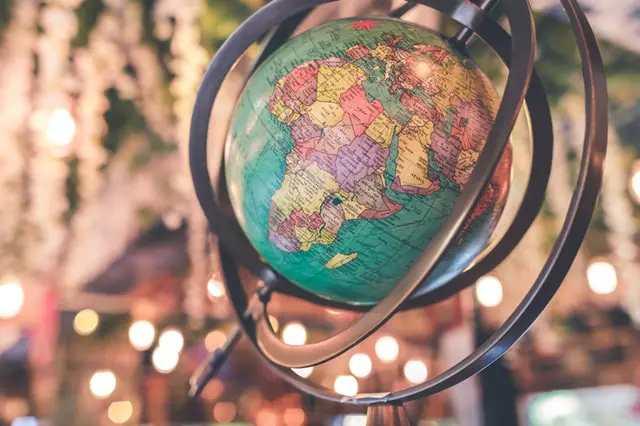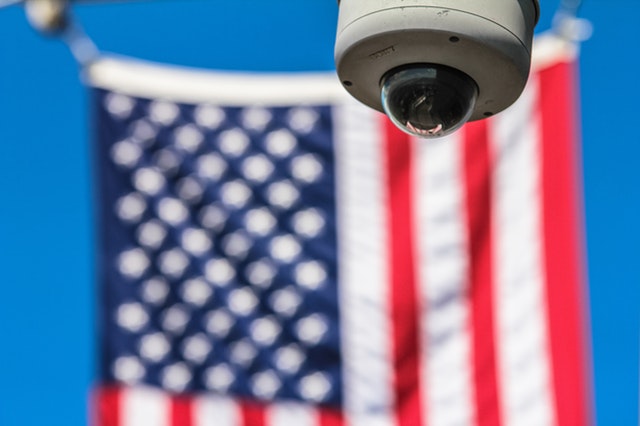
Is Using a VPN Legal?
Posted Oct. 27, 2018, 8:17 p.m. by JonathanDo you want to browse the internet freely, download an occasional movie or an e-book just because there are no hard copies available for purchase in your area?
Maybe watch a little Netflix here and there? We hear you; we all love a good TV show, but is using a VPN legal?
It would be great to enjoy all the niceties it provides without actually worrying about breaking any laws.
Well, let’s be clear right here that, yes, it is legal.
But you need to understand what is legal and what isn't to have the right answer to this question. It isn't just black and white, as there are several gray areas we need to cover here, so read on.
How Does It Work?
An average user will probably experience difficulties understanding what happens when you browse the internet using a VPN.
A VPN or Virtual Private Network, lets you connect to any public network, device, or content as if you’re doing it through a private network. The virtual in VPN means just like – but not exactly. You could think of it as a sort of virtual reality, except VPN is an established technology.
Without a VPN you connect to the internet by directly accessing your internet provider's network access points. By doing so, you are given an IP address for each device that uses your modem to connect to the internet.
All your internet activities going through your modem can be monitored. This doesn't mean that someone follows your every step, but if your provider wants to, they can do it.
By connecting to a VPN, your connection first goes through a remote server. This means you get a new IP address that doesn't have anything to do with the one given by your provider.
Most VPN services provide you with a choice of geolocations, so you may virtually be from Italy or Russia if you want.

Is It Safe?
Before asking yourself if using a VPN legal, you should also think about whether it is safe.
Don't worry, it is very safe. Most reputable VPN services will do their best to protect your anonymity by utilizing various top-grade security measures.
The common encryption standards originate from military sources, so it is almost impossible to track what you're doing or steal some of your data.
Keep in mind that some VPNs are free while some are not.
The paid ones will come with more options and features and do not impose any bandwidth limitations.
Legal or Illegal?
Now we're getting down to the very essence of the question – is using a VPN legal?
First of all, we need to determine the legal uses of a VPN. Not everyone wants to download movies from a torrent site or binge-watch the latest TV show on Netflix.
You should be aware that some countries, such as China, Russia, Iran, Turkey, and Iraq have declared VPNs illegal. They all have their reasons, so we won't get into the details here.
Let's go over some legal uses of a VPN.

Getting away with geo-restrictions
If you travel outside the US, you won't be able to watch movies on Netflix or listen to your favorite playlist on Spotify.
This is why you can use a VPN to get an American IP address and have full access to US-exclusive content once again.
You should be careful with this gray area. No, the sites and services won't press charges against you, but it is within their rights to ban or suspend your accounts and sometimes even forever.
Using public Wi-Fi to connect to the internet
Public Wi-Fi surely is a convenient thing, but only for surfing the internet.
You should never use it for any secured transactions because you risk compromising your data. This is where VPNs come in very handy.
Getting away from monitored VOIP services
Communication via VOIP services has become very easy to monitor, as of recent times. So, if you worry your communication might be monitored, simply use a VPN to avoid that.

Avoiding the government and its agencies
If you're an author or a reporter who often deals with sensitive and bold subjects, chances are that you're under the watchful eye of the government and its intelligence agencies.
Your security might be greatly increased by simply using a VPN.
Please be aware that there are illegal uses of VPN and this is no gray area. These are illegal everywhere in the world:
-
Theft
-
Fraud
-
Account hacking (any type of personal account)
-
Child pornography
-
Spamming via email
-
Spreading viruses
-
Scamming
Conclusion
Once again, the answer is pretty simple. Is using a VPN legal? Yes, it is. As long as you don't use it for any criminal or immoral activities.
Remember, crime does not pay.
